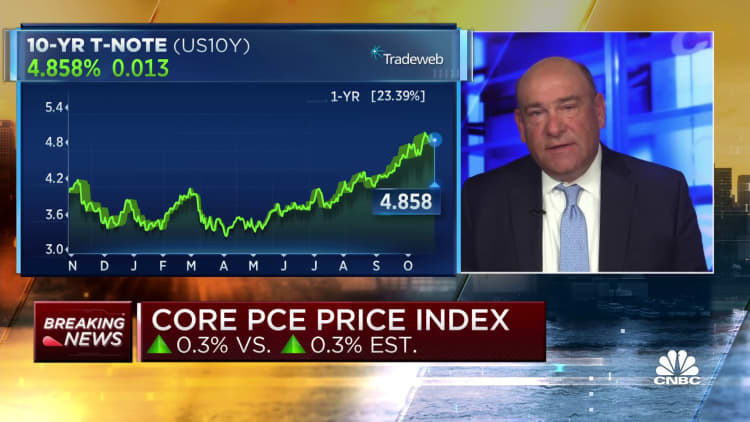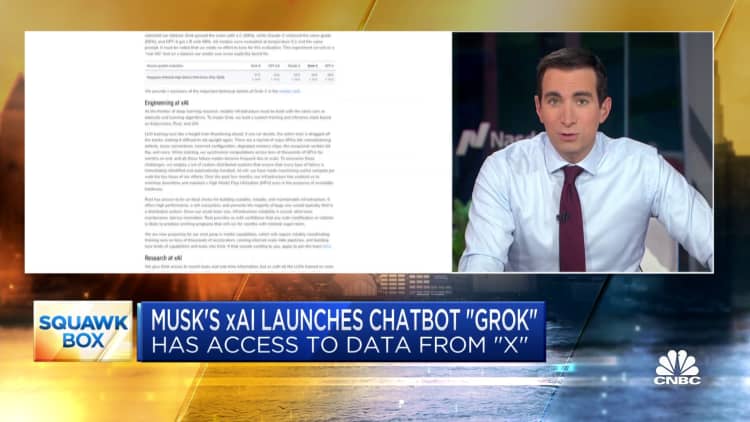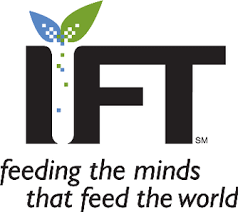
By Rick MacDonald, President, Retail, DHL Supply Chain
No industry has avoided the supply chain issues of the last few years. This is especially true for the beer, wine, and spirits industry. Challenges of keeping the right amount of product on hand to meet demand amid shipping delays and other constraints forced many suppliers and distributors to transform the way they do business and elevate the performance of supply chain operations.
Although the experience has been painful, in many ways it has also been a catalyst for positive change. Disruptions in the flow of products and supplies, along with labor shortages, the rise of eCommerce, and changing consumer behaviors, are forcing companies to evolve their supply chains.
Incorporating the technologies and expertise necessary for evolution can be a complex undertaking, especially for liquor control jurisdictions and systems that control the sale and distribution of alcohol within specific regions throughout North America. Often a combination of state governments and private partnerships, these organizations work with suppliers to retail and distribute alcoholic beverages to consumers and licensed establishments. Additionally, beer, wine, and spirits companies in control jurisdictions are looking to take advantage of automation and mechanization to help innovate and digitalize their operations.
Some organizations can navigate this new landscape with the help of a third-party logistics (3PL) provider. Below are five ways 3PLs can help organizations within the beer, wine, and spirits industry evolve their supply chains to meet current market demands and enable future growth and stability.
1. Precise inventory management
Expanding the supply chain through the integration of eCommerce means increased activity in the facility with more shipments moving in and out to more locations and customers/consumers. Quick decisions on where to place additional inventory and how best to handle it are a must. A qualified 3PL can work with a company or organization in the beer, wine, and spirits industry to develop and implement strategies for inventory placement, accommodating new inventory and new channels, integrating new suppliers, shifting resources, and ramping up volume.
2. Greater supply chain visibility
For decisions about inventory placement and how to get product to consumers and customers as quickly and efficiently as possible, you need good data and visibility throughout the supply chain. This visibility also enables greater transparency with suppliers and customers, keeping them up to date on order and delivery status, providing greater flexibility, and helping ensure deliveries are made during the allotted timeframe.
3PLs with the right experience and expertise can help ensure customers are able to track shipments quickly and easily by providing near real-time visibility of transport operations. This allows them to manage their transportation remotely and securely. Estimated time of arrival (ETA) updates and global positioning system (GPS) capabilities let them know precisely where deliveries are in the network.
3. Advanced technology deployment
A continuous commitment to invest in innovation to drive technological advances within the supply chain is necessary for success. Leading 3PLs are constantly seeking out the latest and most applicable innovations for the supply chain industry. For example, assisted picking robots at scale have provided valuable insight and best practices that enable 3PLs to strategically deploy the technology, quickly adjusting the implementation as needed to meet peak demand.
4. Access to skilled, flexible labor
Demand for supply chain talent continues to be a serious challenge, with companies struggling to identify and attract qualified candidates. For most companies as they look to address capacity needs, it is more than simply meeting hiring quotas and headcount. Brands should look for a 3PL that can leverage its expertise to help customers create more streamlined and efficient recruiting and onboarding processes that make it possible to match the right talent for the job and easily ramp up additional skilled workers for peak seasons and as demand increases.
5. Seamless eCommerce integration
The eCommerce explosion over the last couple years — partly stemming from the COVID-19 pandemic and changing consumer demands and behaviors — is forcing many companies within the beer, wine, and spirits industry to rethink their approach, or non-approach, to online sales. Adding eCommerce capabilities means serving more channels, meeting the needs of customers and consumers ordering online or from an app, and scheduling curbside pickups and home deliveries. Naturally, this can increase complexity.
A trusted 3PL can work closely with numerous companies across industries to help them implement or expand their eCommerce operations. This experience and expertise provide a unique level of insight when it comes to strategically integrating eCommerce capabilities into the supply chain, while minimizing complexity.
As organizations within the beer, wine, and spirits industry look to evolve their supply chains to enhance operations, they will need a trusted partner that has the industry experience, supply chain expertise, proven best practices and advanced capabilities needed to do the job right.
 Rick MacDonald is president of the retail sector for DHL Supply Chain North America. He oversees the strategic development of this key sector and strengthens the company’s positioning as an employer and provider of choice in the United States and Canada.
Rick MacDonald is president of the retail sector for DHL Supply Chain North America. He oversees the strategic development of this key sector and strengthens the company’s positioning as an employer and provider of choice in the United States and Canada.

Credit: Source link


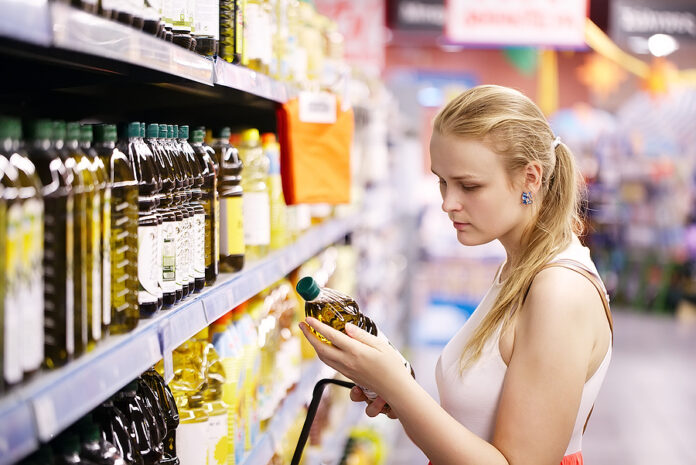
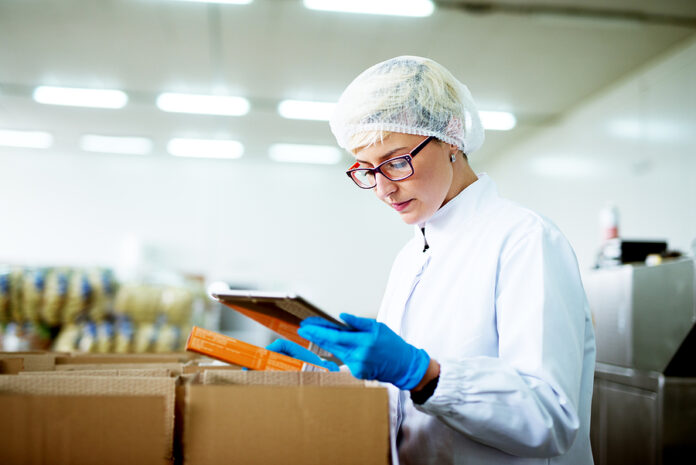

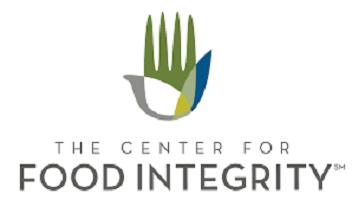

![[Guide] 5 Reasons Your Business Does or Doesn’t need an ESOP [Guide] 5 Reasons Your Business Does or Doesn’t need an ESOP](https://foodindustryexecutive.com/wp-content/uploads/2024/08/Food-Industry-Executive-696x457.png)
